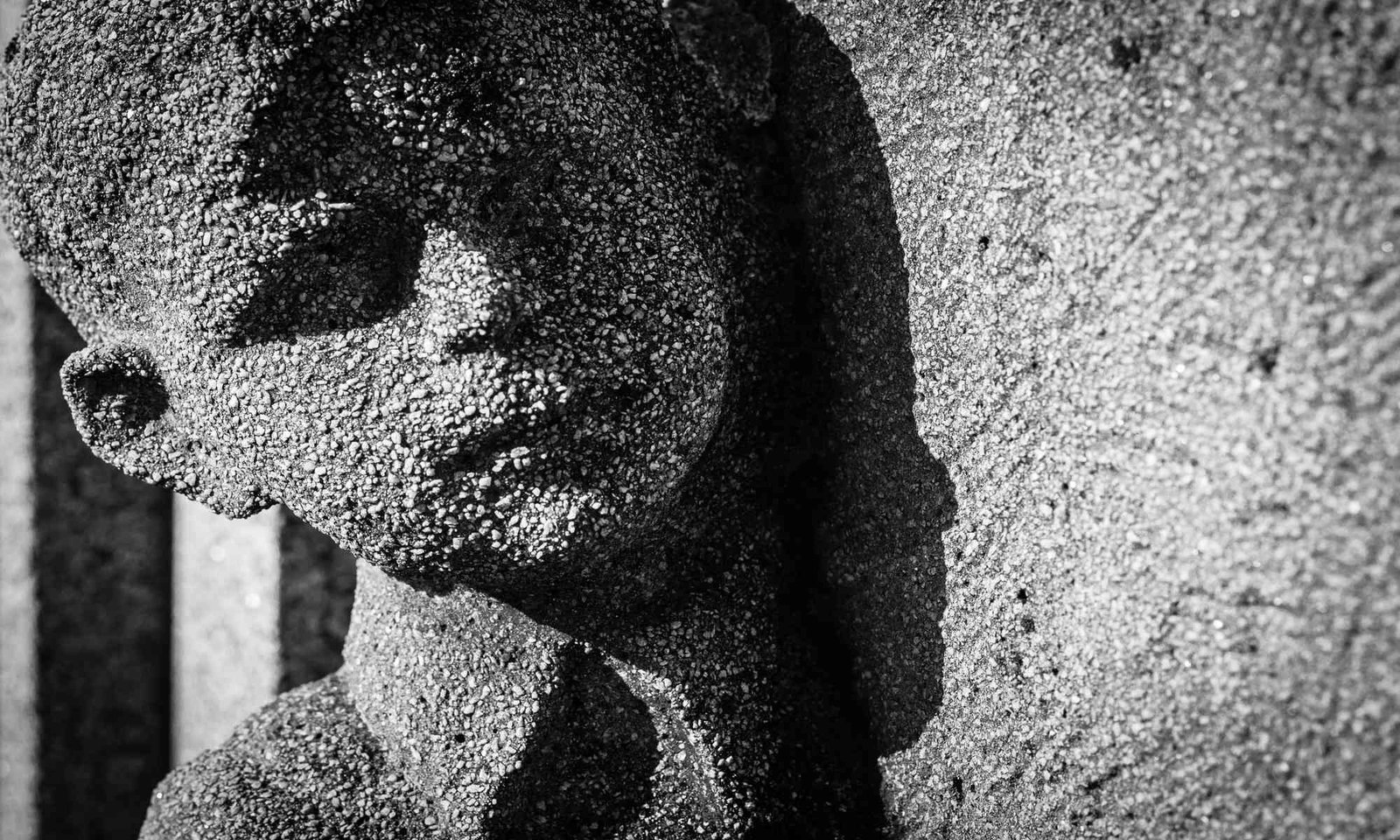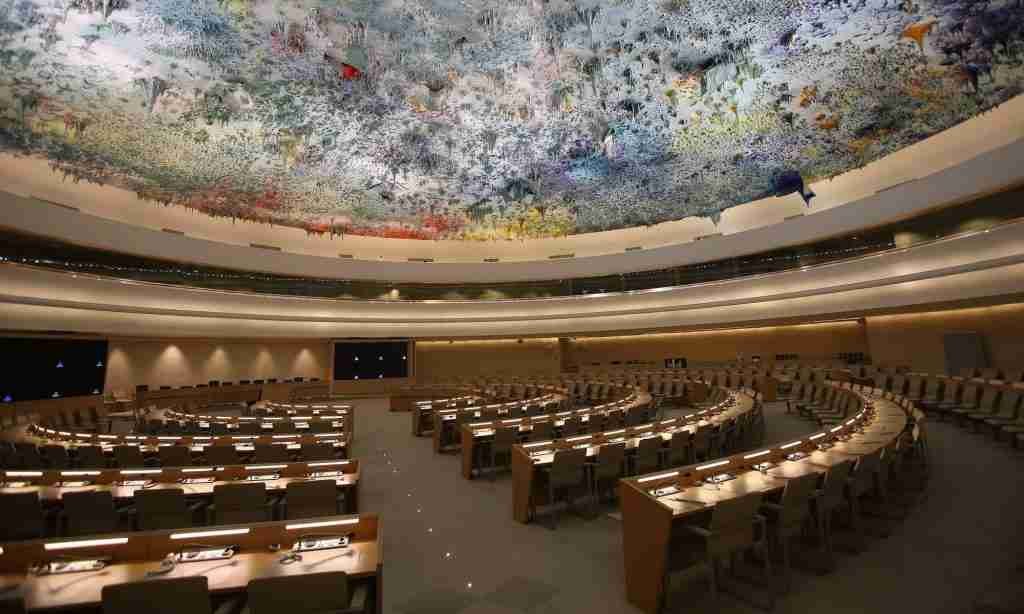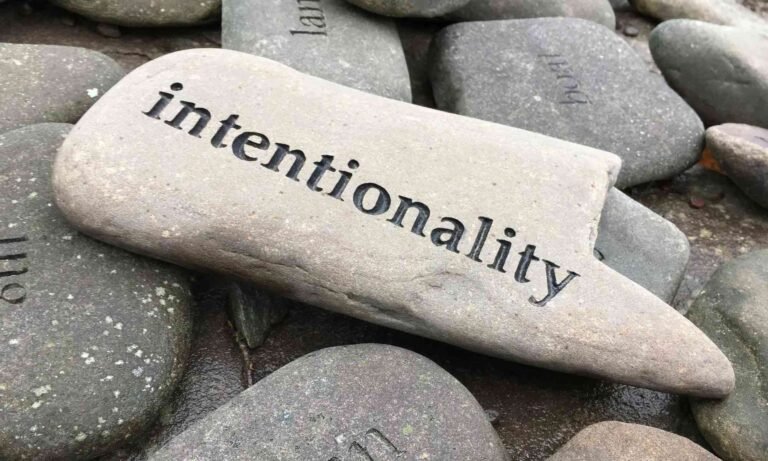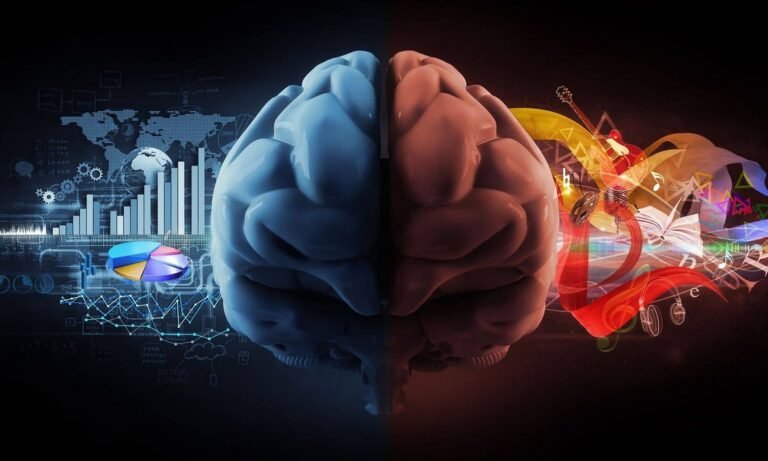Dignity is a multifaceted concept that encompasses the inherent worth and value of every individual. It serves as a foundation for numerous philosophical discussions and human rights frameworks. Historically, dignity has been associated with the idea of being worthy of respect, arising from the Latin term “dignitas,” which signifies worthiness or esteem. Philosophers such as Immanuel Kant have profoundly influenced the contemporary understanding of dignity, positing that every human being possesses intrinsic worth, which must be respected and protected, regardless of their circumstances.
Throughout the ages, the interpretation of dignity has evolved, mirroring societal changes and cultural perspectives. In various cultures, dignity is not merely an individual attribute but is often linked to social roles, communal values, and ethical responsibilities.
For instance, in many indigenous societies, dignity is intertwined with community relationships, where the humane treatment of each member is paramount for collective well-being. This cultural lens highlights that dignity is not solely individual; it encompasses how individuals relate to one another, reflecting a society’s values and priorities regarding humane treatment.
In modern discourse, dignity has gained prominence in human rights legislation, with documents such as the Universal Declaration of Human Rights emphasizing the necessity of upholding the dignity of all people. This recognition of dignity establishes the basis for social justice, calling for the humane treatment of individuals irrespective of their background, beliefs, or status. Key thinkers, including Martha Nussbaum and Judith Butler, have expanded the dialogue around dignity, integrating it into contemporary issues such as gender equality, disability rights, and racial justice. By examining dignity through various historical, philosophical, and cultural contexts, we grasp not only its significance but also its implications for advocating the humane treatment of all individuals in today’s complex society.
The Importance of Dignity in Personal Relationships
Respecting dignity in personal relationships is fundamental to establishing trust, fostering empathy, and ensuring healthy communication. When individuals recognize and uphold each other’s inherent worth, it creates an environment where both parties feel valued and understood. For instance, in a friendship, acknowledging one’s feelings during a disagreement can be instrumental in preserving dignity. When both individuals approach conflicts with respect and kindness, it not only helps resolve the issue but also strengthens the bond between them. This practice of humane treatment enhances relational dynamics and contributes to sustained interactions based on mutual respect.
Conversely, violations of dignity can severely impact personal relationships. Instances of disrespect, such as belittling or dismissive behavior, can lead to resentment and a breakdown of communication. For example, in a romantic relationship, consistently ignoring a partner’s needs or feelings can erode trust and create emotional distance. When dignity is compromised, the emotional fallout can be profound, often resulting in misunderstandings and conflicts that are difficult to navigate. Thus, showing kindness and understanding is not merely a nicety but central to maintaining healthy interactions.
To maintain dignity in both personal and professional contexts, employing strategies that promote open dialogue and validate feelings is crucial. Practicing active listening, offering constructive feedback, and expressing appreciation can enhance the sense of dignity in interactions. Additionally, recognizing the diverse backgrounds and experiences of others fosters inclusivity, a vital aspect of humane treatment. By consciously choosing to respect the dignity of others, individuals contribute to nurturing a culture of compassion and understanding, which is pivotal for the well-being of any relationship.
Dignity in Society: A Fundamental Human Right
Dignity, as a foundational human right, plays a crucial role in shaping the principles of equality, justice, and inclusion within societies. It serves as a guiding framework for numerous social policies and legal systems that aim to protect individuals from violations that undermine their inherent worth.
The realization of humane treatment is intertwined with the recognition of dignity, emphasizing the need for all members of society to be treated with respect and humanity, regardless of their background, circumstances, or identity.
In many instances, the plight of marginalized groups – including those experiencing poverty, facing discrimination, or caught in conflict – reflects a breach of their dignity. Such vulnerabilities often lead to a compromised sense of worth and belonging, highlighting the imperative for societies to actively engage in restoring dignity. Discrimination by race, gender, sexual orientation, or socioeconomic status can perpetuate cycles of injustice that strip away the humane treatment that individuals deserve. Addressing these issues requires not only awareness but also actionable policies aimed at promoting equity and justice for all. By fostering inclusive communities and implementing comprehensive support systems, we can ensure that dignity is upheld for everyone.
Case studies from various communities illustrate the power of collective action in restoring dignity to marginalized individuals. Initiatives focused on social integration and economic empowerment have proven effective in revitalizing communities and fostering respect for human rights. Programs providing education, healthcare, and employment opportunities can significantly enhance individuals’ dignity, enabling them to reclaim their status as valued members of society. Empowerment through advocacy and community solidarity plays a vital role in challenging systemic injustices. Ultimately, a society that prioritizes dignity for all its members reflects a commitment to human rights and cultivates a culture of empathy, respect, and inclusivity, fostering a more harmonious social fabric.
Practical Steps for Individuals and Communities
Promoting dignity within our communities is essential for fostering humane treatment and creating an environment where everyone feels valued. This requires both individual and collective efforts, as well as a commitment to actively engaging in practices that uphold the respect and dignity of all individuals. One way to begin is through advocacy. Individuals can take a stand on issues that affect the dignity of others by participating in local and national campaigns aimed at promoting justice and equality. This involves raising awareness about the challenges faced by marginalized groups and pushing for policies that protect their rights.
Community engagement plays a crucial role in promoting dignity. Establishing programs that encourage dialogue and understanding between diverse groups can help break down barriers and foster a sense of belonging. Initiatives such as community forums, workshops, or volunteer activities provide opportunities for individuals to come together, share their experiences, and learn from one another. Such interactions not only promote humane treatment but also cultivate empathy and understanding, which are essential for preserving human dignity.
Self-reflection is vital for promoting dignity in daily life. By examining personal biases, individuals can become more inclusive and respectful. This self-awareness improves interpersonal relationships, ensuring everyone is treated with dignity. Education also plays a key role in fostering a culture of dignity. Incorporating lessons on humane treatment and respect into school curriculums helps instill these values from a young age. By advocating for justice, engaging with communities, reflecting on behaviors, and fostering educational initiatives, we can promote and protect the dignity of all individuals, contributing to a more humane society overall.
What’s More
The posts in My Blog feature reflective, story-driven pieces rooted in personal and societal insights.
The topics in My Interests explore abstract, philosophical ideas and their cultural and societal impact.
👁️ 7,378 Views

















